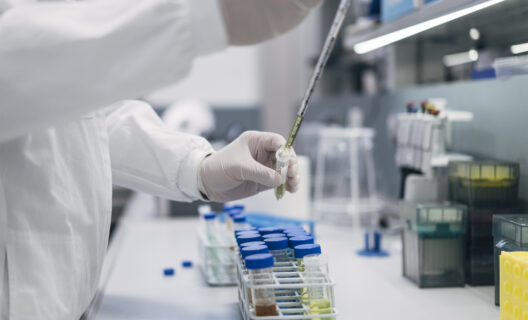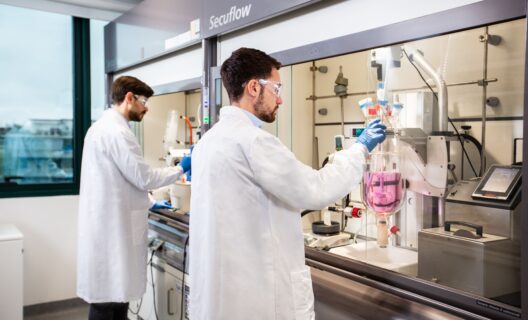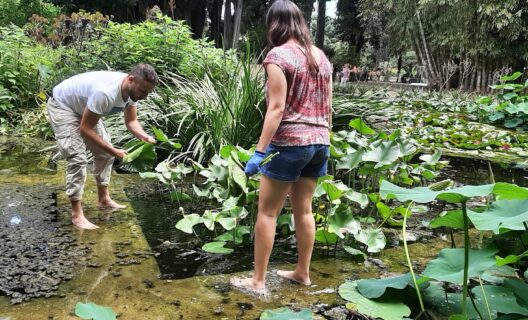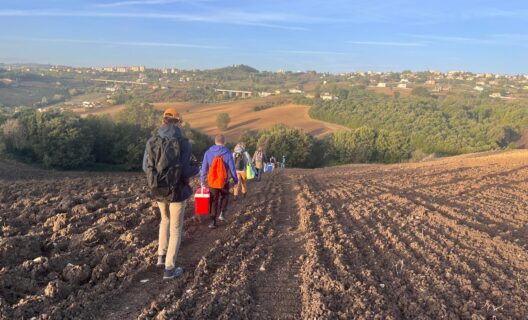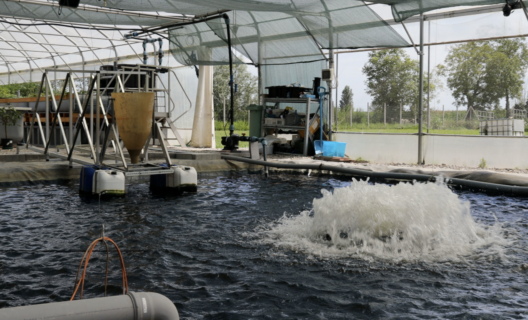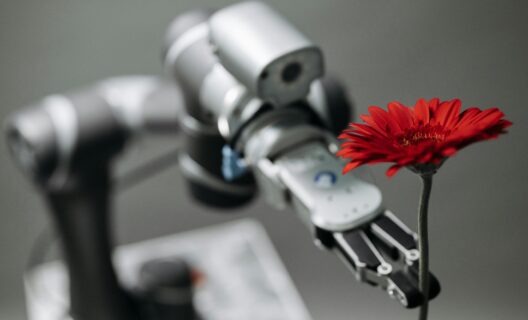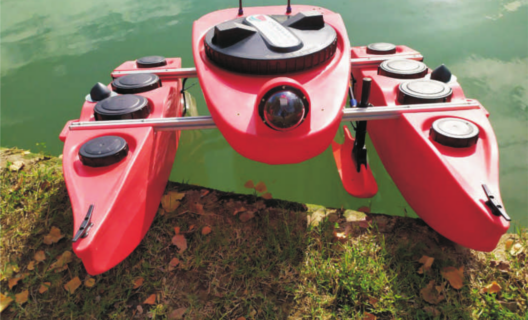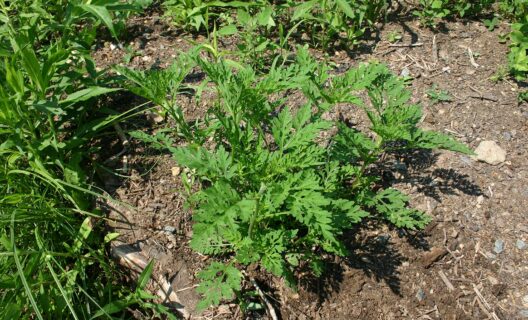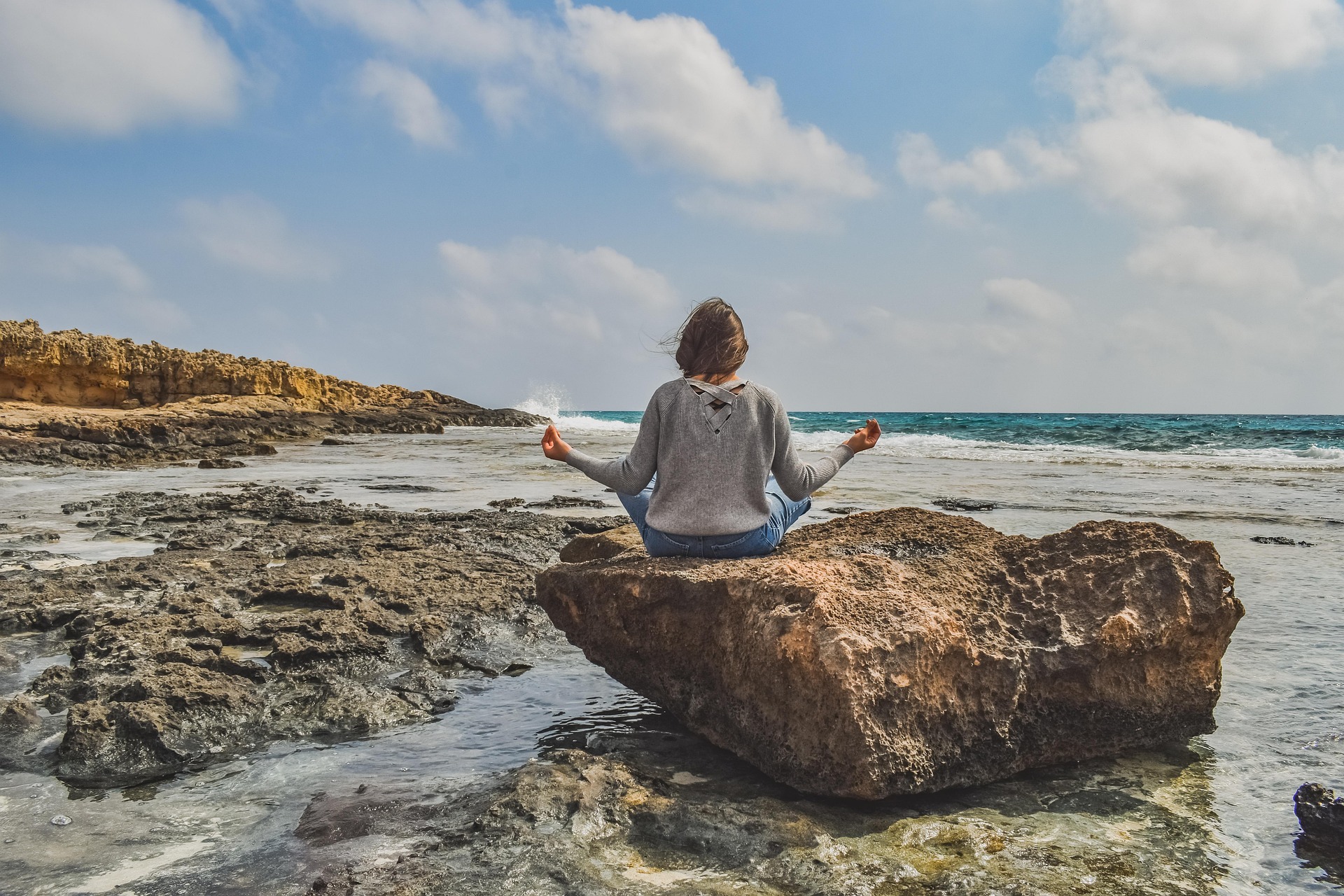

Reading time
0 min
With Hellas Cena we discover how wellness is built through daily choices
At the heart of the change that is revolutionizing the way we think about health lies an approach that is as simple as it is revolutionary: the lifestyle medicine. Telling us about it is Hellas Cena, medical surgeon and food science specialist, co-leader of Spoke 6 “Biodiversity and Wellness” of the NBFC project. With expertise and passion, Prof. Cena guides us through an increasingly topical concept: health is not just the absence of disease, but a dynamic balance built every day with nutrition, exercise, sleep, stress management, positive relationships and abandoning bad habits.

""
Professor, what is meant by the expression “lifestyle medicine”?
“When we talk about lifestyle medicine, we mean all lifestyle interventions and tools that can become both preventive and treatment medicine. Health is nurtured by six pillars that are internationally recognized by organizations such as theAmerican College of Lifestyle Medicine (ACLM) and the Lifestyle Medicine Global Alliance: healthy eating, adequate physical activity, stress management, quality sleep, positive relationships, and cessation of harmful habits. Lifestyle medicine can be declined according to specific needs, which may depend on age, gender (where by this term I mean not only sex differences, but also social differences that females and males have in our society), clinical factors, and personal choices or preferences.”
""
The age of prevention
Let’s start with nutrition. When to start taking care of yourself?
” Prevention is possible and useful at all ages, but the effectiveness and return on investment (including social and health) are greatest when we act early, especially in the preconceptional and prenatal period. There is a special time-the first thousand days, which run from the first day of conception until the child is two years old-in which through our good habits, and the modification of bad ones, we can write a child’s future. Through our virtuous choices, it will be more resilient to so many diseases, especially chronic degenerative ones. I will say more: today we are understanding that the imprinting we can give to newborns goes back even before its very conception: in the peri-conceptional period there is already a transition that can be of health or disease.”

""
Today, diets are big players, and we know, for example, that a woman in the age of development, or pregnancy, or menopause has different needs.
“This is so. The female pattern-less nuanced than the male pattern-lends itself more markedly to longitudinal observation because of well-defined physiological stages that are reflected in nutritional needs and risk factors. Through its biological stages, the female body tells a story of changing needs and specific vulnerabilities: recognizing these is the first step to truly personalized medicine .
As early as menarche, there is an increased need for iron related to menstrual losses, making adolescents more prone to deficiencies than their male peers. During reproductive age, and particularly during the period of pregnancy and lactation, nutritional requirements change substantially: demands for energy, protein, iron, calcium, folic acid, and other micronutrients essential to support fetal growth and maternal health increase. Even at this stage, the quality of nutrition has a crucial impact on the future health of mother and baby. Later with the arrival of menopause, the need for calcium and vitamin D increases to counteract the increased risk of osteoporosis. During the same period, the decline in estrogen alters body composition, with an increase in visceral fat and a change in metabolic profile. All this leads to changes in both risk factors and nutritional needs, which medicine can no longer afford to overlook.”
""
A virtuous relationship: health, diet and biodiversity
How are health, nutrition, and biodiversity intrinsically linked?
“When we bring nature’s biodiversity to the plate, we get a variety of foods, from plant and animal sources, which also enriches the variety of nutrients and “biodiversity” in our gut. The microbes living in our gut, the so-called microbiota, play a key role on our overall well-being. But biodiversity should also be referred to theenvironment in which we spend our days, theoutdoor exposome. Plants provide us with cleaner air, muffled noises, and pleasant walks. Moving around in a biodiversity-rich environment, or even taking care of plants, improves our mood, promotes mental well-being, and also boosts our cognitive performance.”
""
Eating better, less stressed, exercising-this is not within everyone’s reach today.
“No, it is not. But the inhabitants of the Blue Zones (the geographical areas where people live longer and healthier lives than the rest of the world, characterized by high longevity and low incidence of chronic diseases, ed.) show us that this is possible. Of course, their model is not replicable across the planet, but today scientific evidence shows us that with lifestyle medicine man and nature can live well integrated. What we need are urban and social policies that value the health of all. “Global Health” means this, and it is a sound concept not only from an intellectual but also from an ethical point of view. And it is also cost-effective: if we invest in prevention, we will save in both treatment and indirect costs. A healthy population is more productive. Now it’s about starting a virtuous cycle.”
""
Being well: a right of all
Is the reception of this call for action a matter of culture?
“Yes, but not only of top-down culture. People need to be aware that being well is their right, and politics needs to understand this as well. For this to happen, we also need to invest in communication and outreach. If everyone knew that our health or disease status depends on environmental factors, and if everyone knew the positive impact of lifestyle medicine, they would be clamoring for it. Then yes, this cultural revolution would become a reality.”
""
Back to diets. Is there such a thing as the right one?
“A diet rich in diverse foods-especially vegetables, such as fruits, vegetables, whole grains, legumes, and spices-promotes balance in our bodies: it gives us energy, improves digestion, reduces inflammation, and modulatesmood through the gut-brain axis. The more biodiversity on the plate, the more we offer the body and mind what it needs to function at its best. A monotonous diet, on the contrary, even if sufficient from an energy point of view (only rice, or only fries and hamburgers, to give examples), does not allow us to meet all nutritional needs in addition to reducing the microbial “diversity” of our gut and promoting intestinal, metabolic, immune and even mental disorders. The Mediterranean diet, with its model of family cooking, km 0, with unprocessed food, is a really solid example-while the foods we consume today, with high energy density and low nutritional intake, are the consequence of our social and economic set-up. Today, it is not a matter of going backwards, but of reinventing a sustainable system and adapting it to urban contexts, which will continue to expand.”
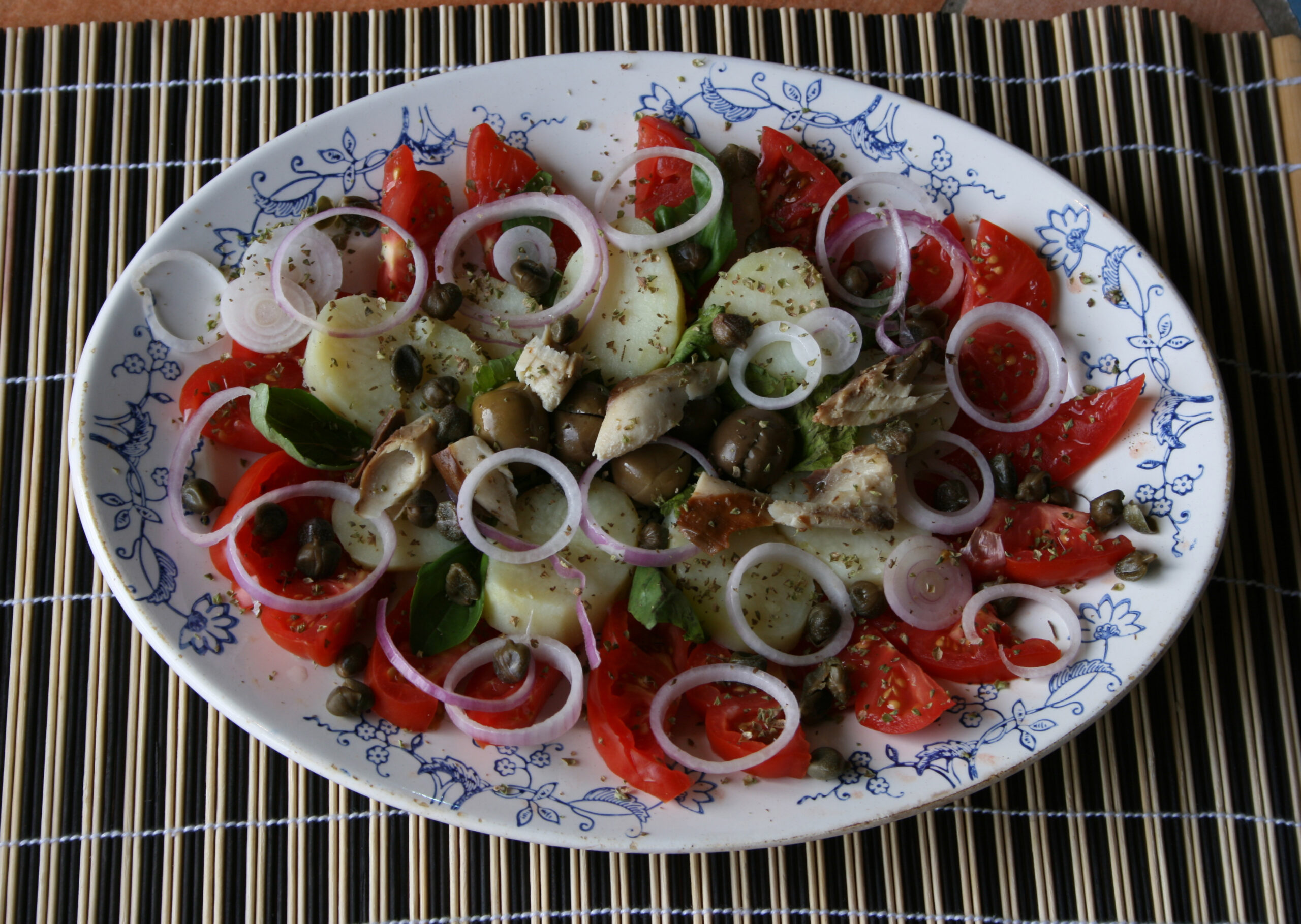
""
Where can directions for proper nutrition be found?
“A good reference can be the Crea (Council for Research in Agriculture and Analysis of Agricultural Economics, a national research organization overseen by the Ministry of Agriculture, Food Sovereignty and Forestry, ed.), which compiles the “Guidelines for Healthy Eating,” which can be found online. Another interesting approach, which can be read about on the web, is the Planetary Diet developed by Walter Willet, an epidemiologist at Harvard University. In addition to promoting adiet plant basedthat is, based primarily on seasonal, minimally processed produce from the earth, Willet reminds us that we can eat well without excessive impact on the planet.”
""
Any advice on physical activity?
“This is given by the International Agency for Research on Cancer (IARC), which has shown that we should all do at least 150 minutes of physical activity per week. As we age, this physical activity should be both aerobic and anaerobic to improve cardiovascular tone and prevent sarcopenia, or muscle loss. But this, too, is related to environmental, social and economic policies: physical activity does not only mean going to the gym twice a week-partly because not everyone can afford it-but above all it means reducing sedentariness. If I spend the whole day in front of the computer as if I were in a wheelchair, and after work I relax on the couch, my health suffers. If, on the other hand, I build a context that facilitates virtuous behaviors, people are very likely to adopt them spontaneously.”

"Being well is a right. On environmental factors depends our state of health or disease. Lifestyle medicine can change this. "
Hellas Cena
Can lifestyle medicine be of interest to the business world?
“Certainly, both directly and indirectly. I’m thinking of the packages promoted by the regions for workers’ health, or the world of occupational medicine. But also to the fact that companies gain in any case: healthier employees work better, are more focused, increase productivity and get sick less. Being healthy also boosts sociability, and where there is sociability, innovative ideas are born. But there is more. Today, investing in wellness is not only an ethical choice, it is also a competitive strategy. Companies that promote health through favorable environments, sustainable rhythms, healthy eating and physical activity are more attractive to talent, especially among the younger generation. They also significantly reduce costs related to absenteeism, chronic stress and turnover. Lifestyle medicine can become a powerful lever within corporate welfare programs, also contributing to DSG goals-because taking care of people is an integral part of sustainability. And in a rapidly changing economic environment, innovation requires clarity, decision-making skills, and physical and emotional stability.”
Protagonists of the interview

Hellas
Cena
- Surgeon and specialist in nutritional science
- Spoke 6 “Biodiversity and well-being”
- hellas.cena@unipv.it Copia indirizzo email
Listen to other voices
Discover other voices and new perspectives: biodiversity told by those who study it, protect it and make it known


